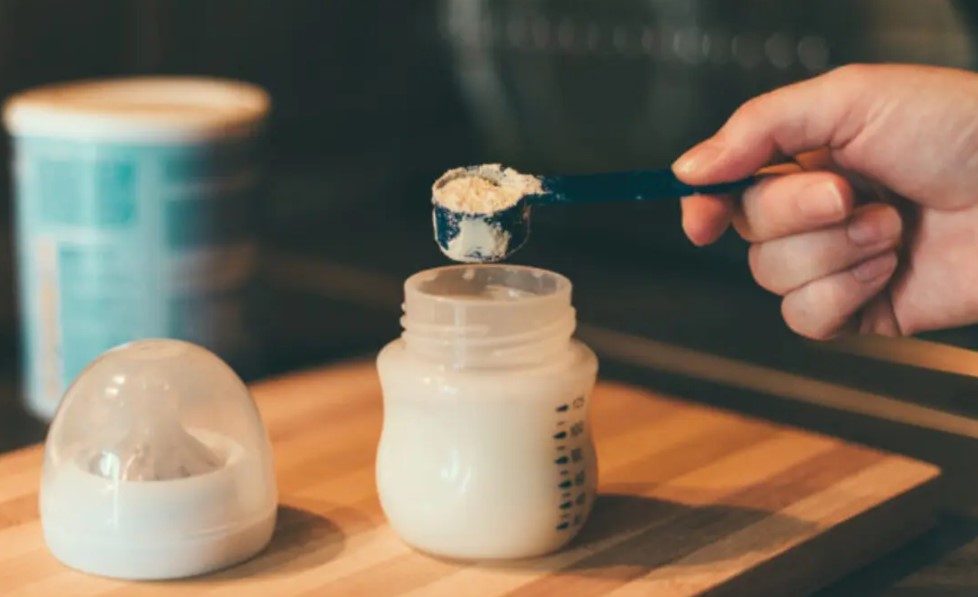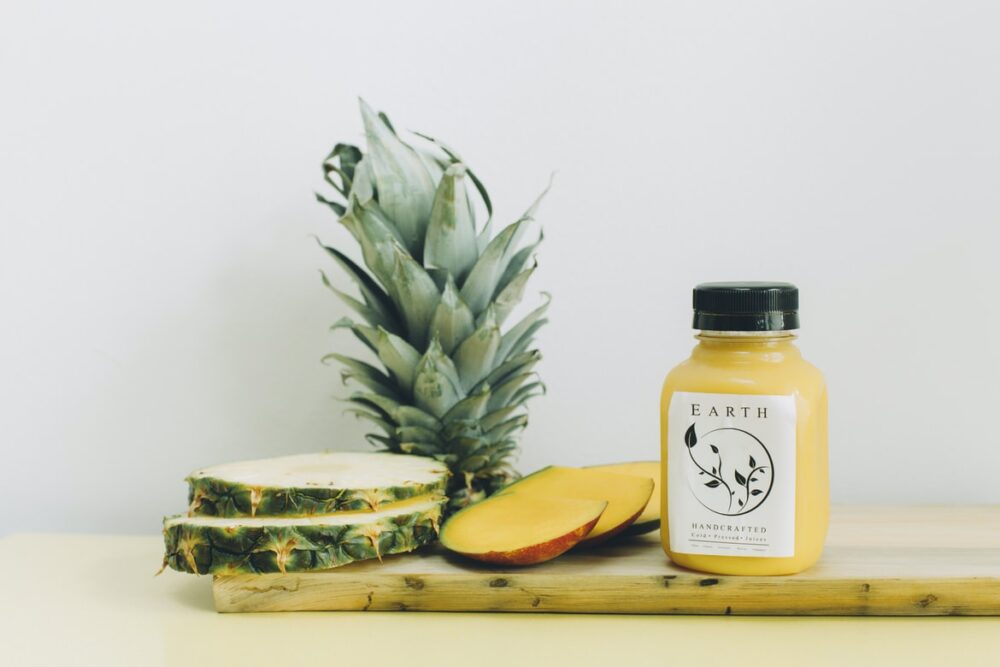
Every parent has probably seen boxes or cans of formula branded “bio” or “organic” in local or online stores. But what is organic food exactly, and what’s the best organic formula to choose?
Organic products are cultivated or manufactured in a safe, ecologically clean environment. At no point does this process involve using any fertilizers but organic manure, pesticides, hormones, or GMOs.
1. What sets organic formula apart?

- No added chemicals such as flavors, colors, preservatives, or others are allowed throughout the manufacturing process. There might be few exceptions stipulated by food standards.
- Organic formula can’t be exposed to carbonation or chemical preservation, as well as other types of treatment. This considerably diminishes the nutritious content of the end product.
- It’s completely GMO-free.
- It must not contain farming products cultivated in the proximity of any major industrial centers or urban areas. No chemical fertilizers or pesticides should have been used at any stage of the process.
- Organic formula is more nutritious and tastes better than non-organic.
- It’s a source of many nutrients, vitamins, and prebiotics.
So as you can see, organic formula means a product that contains all-natural ingredients. Both regulatory agencies and baby food producers make sure that farming, food processing, or production only deals with natural products and ingredients.
2. Where does organic formula come from?
Organic products are frequently associated with farming. No matter where they grow food, on a small farm or a large commercial one, it must be approved by the appropriate authorities.
You might think that private farms are the most trustworthy when it comes to producing organic foods but it’s not so. Large agricultural businesses are actually more reliable. The thing is it’s easier for a commercial farm to get all appropriate certifications. That’s why they don’t have to use chemical fertilizers or feed hormones to their cattle. What’s more, they are closely monitored by the certifying agencies. This is why it matters a great deal where your baby formula comes from.
If you want to know if baby food is truly organic, look at the labeling. Look for the “Euro-leaf” logo or Demeter, Bio, or AB certificates.
3. Organic products are essential for an infant’s diet

Every mother is very particular about the quality of food her little one gets. There’s hardly anything to be concerned about if a baby’s on a 100% breastmilk diet. But when formula feeding is a necessity, the question of which product to choose might cause some arguments. All parents want their babies to be healthy and content, after all.
An infant’s body is very vulnerable and sensitive to environmental factors that come into contact with it. Even the smallest amounts of harmful substances can cause a variety of issues, from digestive problems to allergies. And it’s important to remember that intestinal flora disbalance caused by indigestion can weaken the immune system.
This means that non-organic formula can be the source of a wide range of problems. Infant food ingredients grown on hormones and chemicals can trigger all kinds of adverse reactions. In other words, when it comes to baby foods, organic is the only way to go when you want to ensure your child’s healthy development.
4. Organic formula brands from Europe
Truth be told, it’s hard to find European baby foods that are not organic. The European Commission’s rules on baby foods, their ingredients, and the way they are produced are famously stringent. There is, however, a number of brands that stand out even among the high-quality infant foods from Europe. All of them can be found on organicsbestshop.com.
1. HiPP

HiPP is a German brand that also has formula variations designed for the UK and Dutch markets. This brand’s products are based on skimmed cow’s milk that contains milk protein. This fact might not make it suitable for those who prefer vegetarian foods. In case your little one is intolerant to cow milk lactose or protein, you might want to check out the brands that offer goat milk formula.
Other than that, HiPP formulas provide babies with all the important ingredients. They are packed with natural nutrients, vitamins, and fatty acids. Another great thing about it is that the brand also offers a line of specialized formulas for babies with allergies and sensitive digestive systems.
HiPP infant milks are great for a sensitive gut. It’s worth mentioning that some formulas of this brand might include vegetable oils like palm, rapeseed, or sunflower.
- Ages: HiPP product line includes infant foods for any age, from newborns to toddlers.
- Pros: no maltodextrin, 100% lactose, completely organic, no soy.Cons: contains vegetable oils.
2. Holle

This is one of the oldest European formula brands and one of the most beloved by customers too. One of the things that set it apart is that apart from traditional products based on cow milk, it also offers goat milk formulas. These products are very gentle on the stomach and can be used from the first days of life. Besides, they are a great substitute for breastmilk.
All Holle products contain 100% Demeter-certified, organic ingredients. There are no chemical or harmful additives at all.
- Ages: there are Holle formulas for all ages.
- Pros: all-natural, organic, no added sugars, GMO-free.Cons: may contain maltodextrin and vegetable oils.
3. Lebenswert Bio

Lebenswert organic infant foods are regarded as one of the most reliable products on the market. Lebenswert formula includes the best nutrients and all that your newborn requires.
These formulas are designed to be as similar to human milk as possible. This brand keeps the list of its products’ ingredients as short and simple as possible, delivering only the best nutrients. Besides, their formulas don’t contain maltodextrin.
Lebenswert organic formulas can easily be used as an addition to your baby’s diet or as a breastmilk substitute. Many parents also note that this formula smells and tastes especially good.
- Ages: from first days to over 12 months.
- Pros: no added sugars, only organic lactose, no maltodextrin.
- Cons: no probiotics or prebiotics, may contain vegetable oils.
Conclusion
When it comes to your baby’s health, now in and in the future, there’s no skimping on organic formula. All-organic ingredients lower the risk of digestive issues and allergies. Besides, they just taste better!








